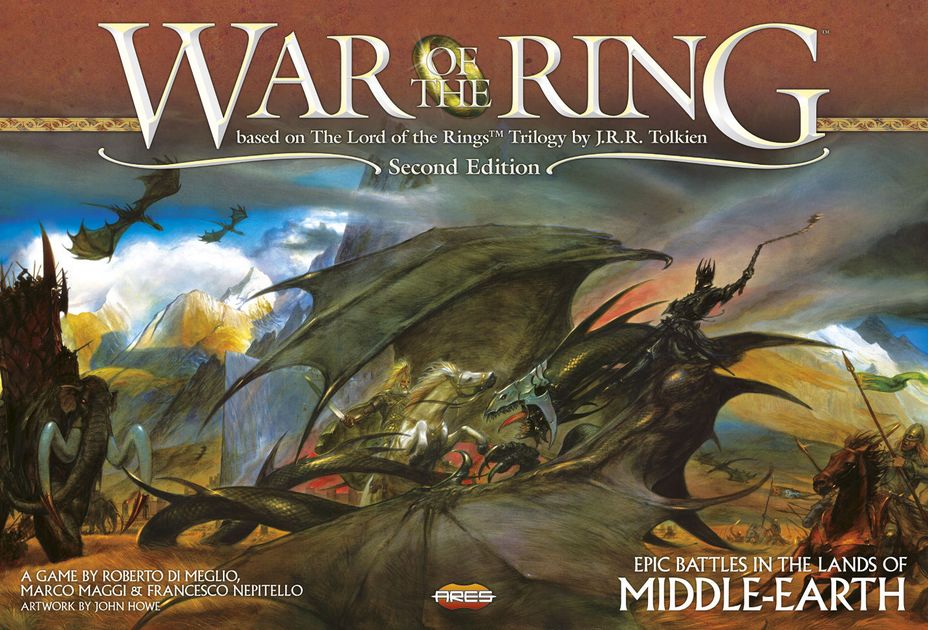Ok, so after much consideration, here are my picks. I tried to choose 100% original designs released in 2012 or later - no reprints, reissues, or re-skins. No second editions of existing games. No nuthin’.
5. The Dark Valley (GMT - Ted Raicer, 2013). I’m a total WWII East Front nut. Probably being from Poland or something. And I have almost everything you can imagine about it, from monsters like Drang Nach Osten and Fire in the East to more playable stuff like The Russian Campaign and No Retreat. But Ted Raicer, who designed the seminal Paths of Glory about how yes World War I can be fun to play, somehow turned variable-activation-by-chit-pull into the best simulation that I’ve seen of this conflict that doesn’t have to leave a lot of things to abstraction. This is an honest-to-goodness panzer-pushing, hex-and-factor-counting wargame that for some reason doesn’t quite seem like an regular wargame. Plus, the way the Counterattack chit works, it almost perfectly simulates the ability to create a Smolensk-like meatgrinder that severely blunts the panzer force. Best overall simulation of the campaign I’ve seen. Not for beginners, though.
4. Enemy Action: Ardennes (Compass Games - John H. Butterfield, 2015). Whoa! Bulge. I promised myself never to buy another Bulge or Normandy game, because c’mon Bulge and Normandy? But I did, and wow. John Butterfield has somehow perfected the solo wargame design. RAF, D-Day: Omaha Beach, he even designed Ambush! Now he produces a solo game that plays as a two-player game with no loss of agency. Excellent as either, and that’s a huge achievement.
3. U.S. Civil War (GMT - Mark Simonitch, 2015). I’m not a big ACW fan, so surprise, surprise at this one. I love the way the rules and map work together. I like the way the map does so much to recreate the logic of the historical campaigns through geography. I love the way it’s not just about Washington or Richmond, but really is. I really like it, Sam I Am.
2. Churchill (GMT - Mark Herman, 2015). This is nothing less than a complete re-imagining of World War II done in a way that no one had thought of in one million years yet seems so perfect that you wonder why they didn’t think of it when games started. Three players (!) fight over issues that will influence the course of the war. Then they apply the issues and see what happens. This is strategic World War II in a way you’ve never seen it. And it’s for three people. Best three-player game ever. Move over, Ra.
1. Dien Bien Phu: The Final Gamble (Legion Wargames - Kim Kanger, 2014). This was on my list on the first Wild Weasel as the “best wargame of all time.” I totally stand behind that statement. It does something rare in historical simulation: it perfectly captures the historical moment, and does it with simple (but not simplistic) mechanics that evoke the period with every single part of the rules. I defy you to find a better “airdrop into a siege” mechanic than this one. Why didn’t people think of this earlier, instead of the standard, “this plane is carrying this thing and you shoot at it and you miss ok now roll for the drop” mechanic? Because it takes genius to expose mediocrity. I have played three games designed by Kim Kanger, and all of them are incredible at taking historical essence and putting it in cardboard. Too bad Tonkin and Ici c’est la France came out before 2012.
NB: I tried, but could not, fit a COIN game on here. These games are all just better. And I was disappointed that Strike of the Eagle and Sekigahara came out in 2011.
